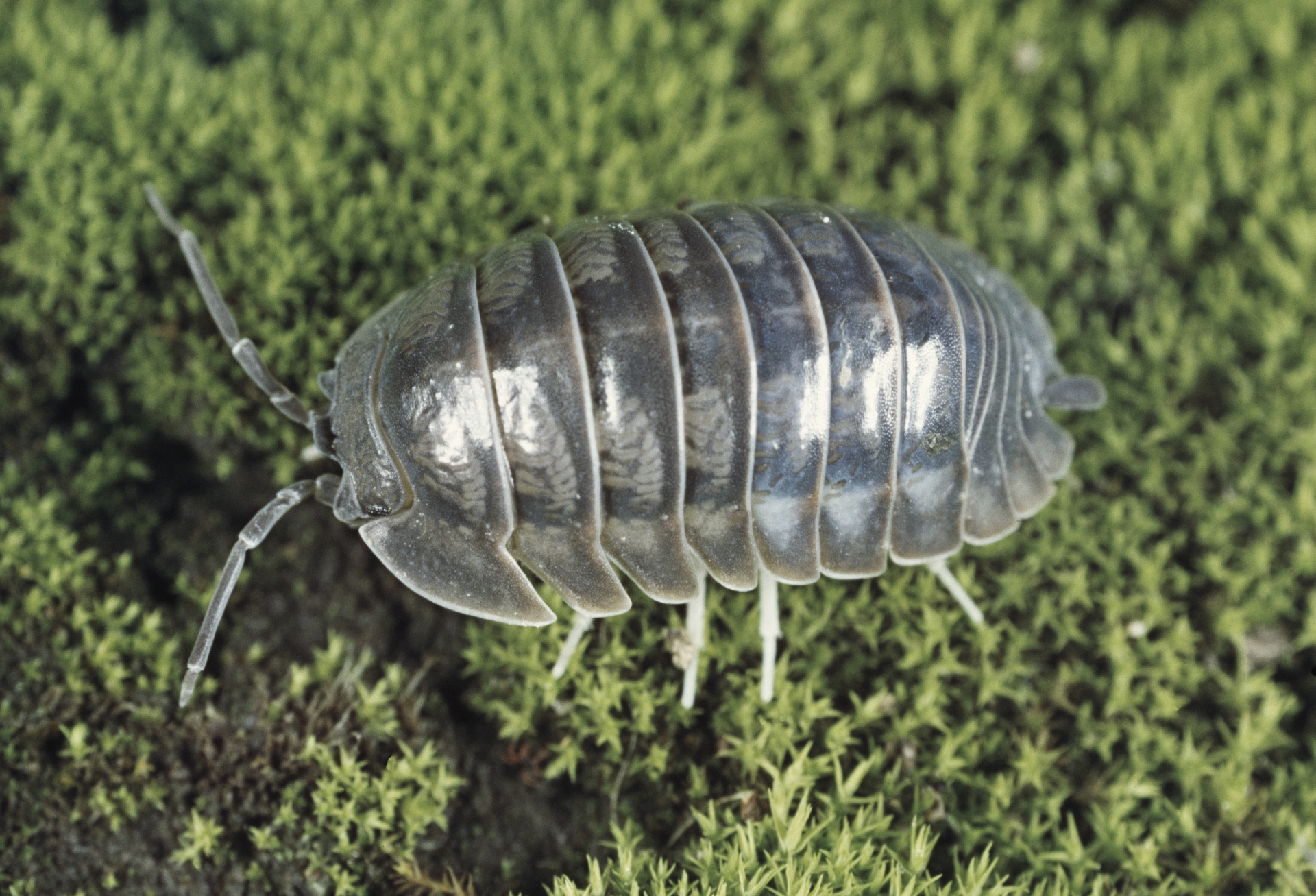A team of Taiwanese, Japanese and Australian scientists have discovered a new species of giant marine isopod called B. yucatanensis, according to the Journal of Natural History.
Deep-sea giant isopods living in the marine environment (genus Bathonymus. -
RT
) belong to the order of isopod crustaceans (or isopods), along with ordinary woodlice living on land.
A distinctive feature of deep-sea isopods is their incredible size, some individuals can reach a length of almost 50 cm. Currently, the genus Bathonymus has about 20 species.
An individual, which scientists attributed to a new species of isopods previously unknown to science, was caught in 2017 in the Gulf of Mexico near the Yucatan Peninsula at a depth of 600 to 800 m. Enoshima Aquarium in Japan.
Armadillo (Armadillidium vulgare)
© DeAgostini/Getty Images
Initially it was believed that this individual belongs to the species B. giganteus, which was described as early as 1879.
This was indicated by the number of spines protruding from the tip of the animal's tail - the same as in representatives of B. giganteus.
However, now scientists have noticed a number of differences that allow us to talk about the discovery of a new species.
“Compared to Bathynomus giganteus, Bathynomus yucatanensis has a more slender body proportions and a shorter overall length ... thinner and pereiopods (thoracic limbs),” the researchers note.
The captured animal did not look like another representative of the marine isopod species, B. maxeyorum, described in 2016.
According to the scientists, B. yucatanensis has more spikes on its tail than B. maxeyorum, and the color of the carapace is brighter.
To confirm the assumption that the isopod from the Enoshima Aquarium belongs to a new species, the scientists conducted a molecular genetic analysis and compared the genes of the studied animal with the genes of representatives of the species B. giganteus
.
The results obtained confirmed the hypothesis put forward and made it possible to attribute the specimen caught in 2017 to the new species B. yucatanensis.
At the same time, the researchers note that B. yucatanensis and B. giganteus have a close phylogenetic relationship and probably come from a common ancestor.
Scientists remind that the identification of species of marine isopods is important for the conservation of these animals on the planet.
“Some species of Bathynomus with commercial potential have become targets for deep-sea trawling (a fishing method that involves pulling a fishing net across the water behind one or more boats. —
R.T.
).
To manage Bathynomus farms, it is important to know which species are caught, ”the experts concluded.

